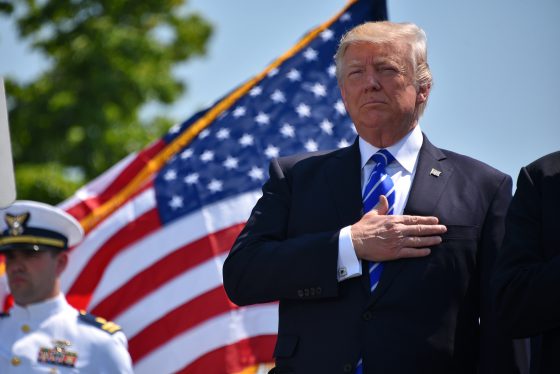TikTok is getting tossed around everywhere in the US, with no conclusion coming out as of now. Taking a U turn on the whole ‘executive order to ban TikTok‘ fiasco, Donald Trump has allowed for TikTok to stay in the country just a little bit longer, even giving the greenlight for an acquisition by an American company by 15th September. However, the new provisions come with a minor catch.
The President says that if a deal is made between ByteDance and Microsoft (or any other “secure” American company), he wants to see a “substantial portion” of the deal coming to the American treasury. He added that the platform does not have “any rights, unless we give it to ’em.” And apparently, those rights will be bought, and not earned.
Trump went on to compare the relationship between TikTok and U.S. to a landlord-tenant [relationship]. He said that without a lease, the tenant has nothing and thus, has to pay “what is called ‘key money’ or they pay something.” Now, in case of this relationship, that key money may go up to be as much as 30% of the deal.
“But the United States should be reimbursed, or should be paid a substantial amount of money because without the United States they don’t have anything, at least having to do with the 30%,” the POTUS said.
All of this transpired after a call between Donald Trump and Microsoft CEO Satya Nadella, who wants to ensure that a deal between his company and TikTok is in the best interest of the company. In the phone call, Donald mentioned that he does not mind an American company buying TikTok (reneging on his statement from a few days ago), as long as it is a 100% acquisition.
According to the President, a deal of, let’s say 30%, will convolute the merger, and that anyone buying the platform is “probably better off buying the whole thing rather than buying 30% of it.”
The deadline of September 15th gives us some sort of Deja Vu, as it is the same date mentioned in a blog post by Microsoft where the company said that it “is committed to acquiring TikTok subject to a complete security review and providing proper economic benefits to the United States, including the United States Treasury.”
The Tech Portal is published by Blue Box Media Private Limited. Our investors have no influence over our reporting. Read our full Ownership and Funding Disclosure →






